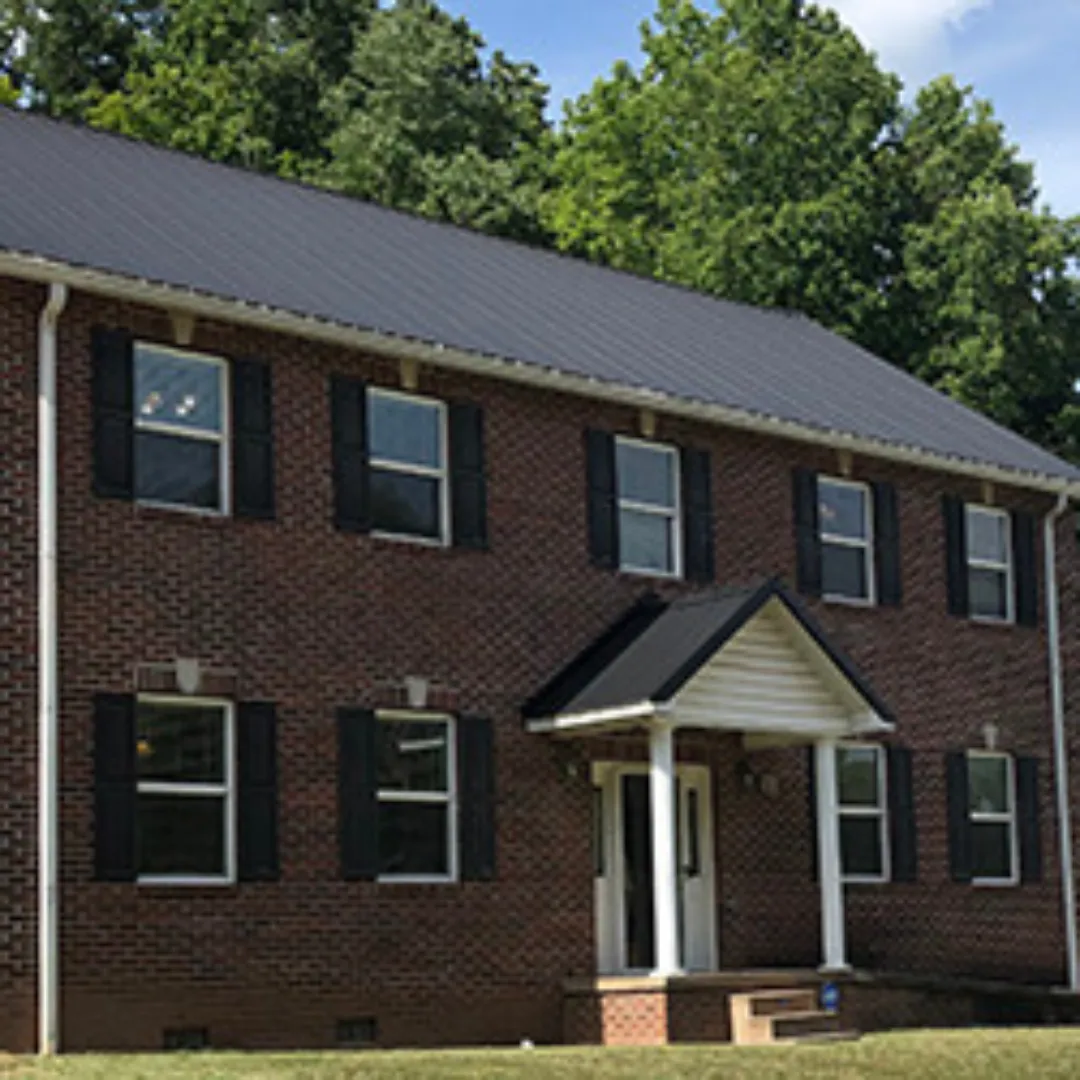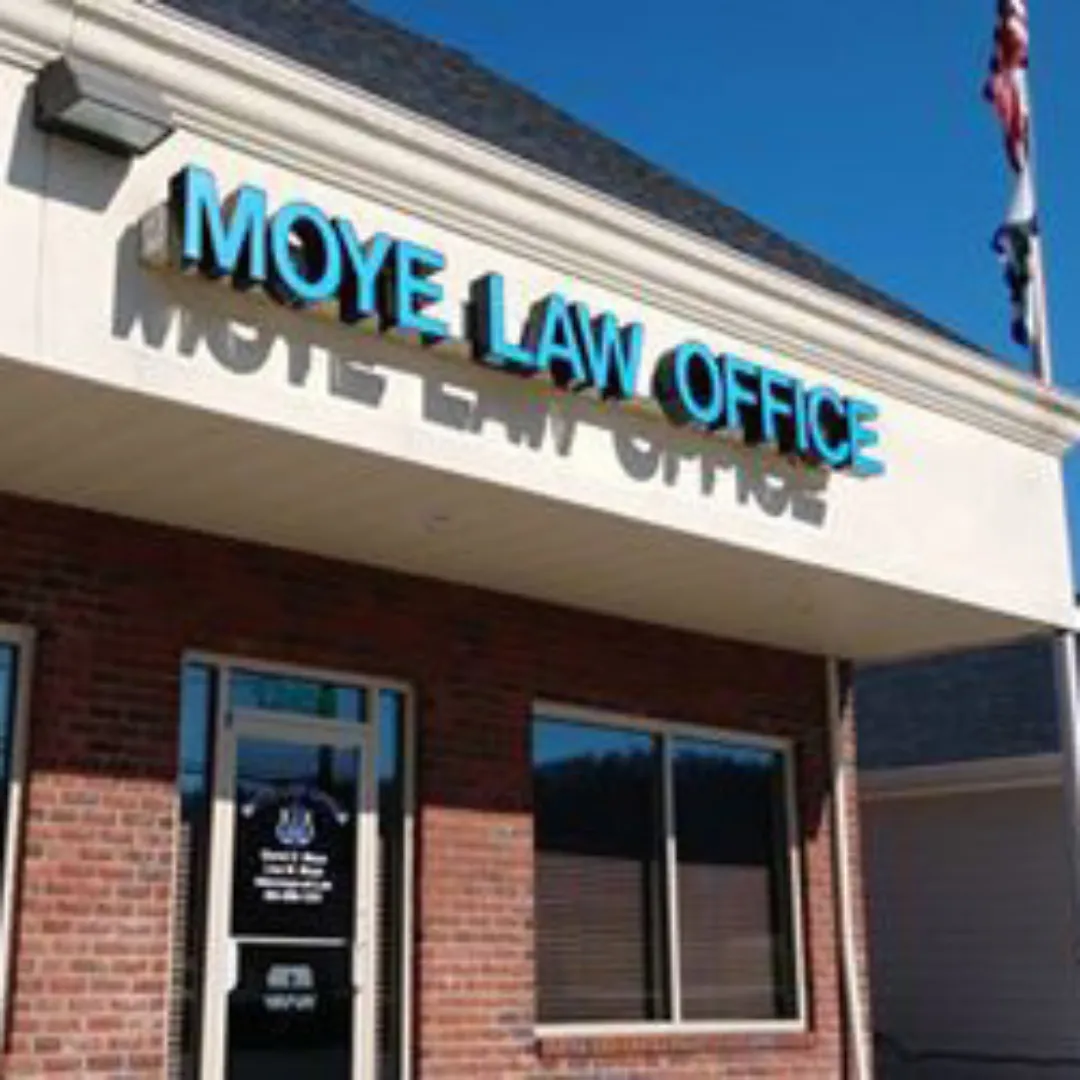
Blog
Blog

Resolve Your Real Estate Disputes with Expert Services Today
Real Estate Dispute Resolution Services: How to Resolve Property Conflicts Efficiently and Cost-Effectively
In today’s fast-moving real estate market, disputes can arise quickly—and escalate even faster. Whether you’re dealing with a breach of contract, foreclosure, property management disagreement, or a contested real estate transaction, how you resolve the issue matters just as much as the issue itself. That’s where alternative dispute resolution (ADR) comes in.
ADR methods such as mediation and arbitration offer practical, cost-effective alternatives to traditional trial litigation, especially in matters involving real property, escrow, deeds, or joint ventures. At Apex Dispute Solutions, we help clients across jurisdictions resolve property conflicts while saving time, protecting investments, and avoiding unnecessary legal costs.
What Are Real Estate Dispute Resolution Services and Why Are They Important?
Real estate dispute resolution services involve structured negotiation processes outside of court, including:
Mediation
Arbitration
Neutral evaluation by a special master
These services are vital because they:
Offer flexible settlement options
Support confidential resolutions
Reduce court burdens and expenses
Allow parties to control outcomes with the help of experienced advocacy
For members of the National Association of Realtors, property owners, brokers, and investors, ADR is a trusted tool to protect both relationships and capital.
What Types of Real Estate Disputes Can Be Resolved Through ADR?
Lease and rent disputes involving residential or commercial properties
Foreclosure alternatives and loan settlement disagreements
Deed of trust and title ownership issues
Eminent domain compensation disagreements
Construction or warranty disputes in new builds or remodels
Boundary, easement, and zoning conflicts
Specific performance claims from contract breaches
Delays in real estate development projects
HOA and cooperative disputes
Intellectual property use on shared real estate assets (e.g., branding or trade name use in shared buildings)
Mediation vs. Arbitration: Understanding the ADR Toolbox
Mediation
Mediation is a voluntary process where a neutral third-party mediator helps both sides negotiate a mutually acceptable settlement. The mediator facilitates discussion but does not issue a binding decision.
Arbitration
Arbitration is more formal. A neutral arbitrator hears evidence—often similar to a trial—and makes a legally binding decision, sometimes enforceable in court depending on jurisdiction.
Why Choose Alternative Dispute Resolution Over Litigation?
ADR offers many advantages over traditional courtroom battles:
Faster than litigation (weeks instead of months or years)
Substantially lower legal costs
Confidential (protects sensitive data, contract terms, or trade information)
Better suited for preserving management, leasing, or joint venture relationships
Avoids the public record of trial proceedings
This is especially relevant for professionals in real estate management, development, and brokerage, where maintaining reputation and regulatory license status is key.
How Does Mediation Work in Real Estate Disputes?
Step-by-Step Mediation Process
Both parties agree to enter mediation voluntarily or via a contract clause.
A qualified mediator is selected—often with real estate or legal experience.
Each party provides relevant information, contracts, or documentation (sometimes submitted as a PDF).
Private, confidential discussions explore resolution pathways.
If successful, a binding or non-binding settlement agreement is signed.
Mediation works well for:
Lease disagreements
Consumer complaints over deposits or repairs
Loan defaults or repayment modifications
Real estate agent commission conflicts
When to Choose Arbitration in Real Estate Disputes
Arbitration is often the right choice when:
A legally binding decision is necessary
Parties want to avoid long court delays
Disputes involve significant financial or title interests
Examples:
Disputes over real estate transactions
Claims of specific performance
Property damage disagreements from construction or development delays
Cost and Timeline
Most arbitration matters are resolved in under 90 days.
Legal costs are often 50–70% less than litigation.
Some arbitration services are contractually required by trade associations or real estate boards.
Common Real Estate Conflicts and How ADR Solves Them
Landlord-Tenant Conflicts
Late payments
Lease renewals
Property damage or warranty claims
Early termination disputes
ADR helps avoid eviction court cases and reach fast, workable solutions.
Boundary and Easement Disputes
Mediation finds shared solutions for property line disagreements or disputed access routes.
Arbitration can issue enforceable decisions when negotiations fail.
HOA and Cooperative Conflicts
Rules enforcement
Assessment disputes
Use of shared property or common areas
Mediation can restore cooperation without involving a court.
When to Hire a Real Estate Dispute Lawyer
If your issue involves:
Breach of contract
Unclear deed or title history
Injunctions or enforcement actions
Allegations of fraud or zoning violations
…consulting a property dispute attorney is a smart move. A lawyer can assess the legal strategy, handle filings, and represent you in ADR or court if needed.
How Much Does It Cost to Resolve Real Estate Disputes?
Mediation: $500–$2,500 total, depending on complexity
Arbitration: $2,000–$6,000+ including preparation
Litigation: Often $10,000–$50,000 or more
Choosing ADR first can dramatically reduce time and money lost to prolonged disputes.
Why Choose Apex Dispute Solutions?
At Apex, our team combines real estate knowledge with legal insight to offer:
Professional mediation and arbitration services
Experience across residential, commercial, intellectual property, and investment-related disputes
Efficient coordination with brokers, attorneys, and agents
A track record of helping clients avoid trial and reach smart settlements
We’re also proud to support members of key trade associations, including REALTOR® organizations and developer coalitions, in resolving disputes in a confidential, professional setting.
Client Reviews: Results That Matter
"Apex guided us through a boundary dispute with professionalism and clarity. Their mediation saved us tens of thousands." — Property Owner, West Virginia
"As a property manager, I’ve dealt with dozens of lease conflicts. Apex is the first firm that resolved one in a single session." — Commercial Management Executive
Real Estate Dispute Resolution FAQs
Q: What’s the main difference between mediation and arbitration? A: Mediation is a voluntary, non-binding negotiation process. Arbitration ends with a binding decision from a neutral third party.
Q: Can ADR help avoid a trial? A: Yes. In most cases, ADR resolves issues before any formal litigation is required.
Q: How long does a typical real estate ADR process take? A: Mediation can resolve in 1–2 sessions. Arbitration usually takes 30–90 days depending on the complexity.
Q: Can ADR be used across jurisdictions? A: Yes—especially in commercial or real estate development matters that involve multiple states or partners.
Final Thoughts
Disputes don’t need to lead to court dates. With the right knowledge, alternative dispute resolution can be a powerful, efficient way to protect your real property, reduce risk, and keep deals on track. From real estate agents to developers and homeowners, ADR gives all parties the tools to resolve conflicts with clarity and control.
Contact Apex Dispute Solutions today to learn how we can help you navigate any property conflict with confidence—no courtroom required.
Moye Law Offices
We have two offices in West Virginia: Winfield and Cross Lanes.

CROSS LANES

Resolve Your Real Estate Disputes with Expert Services Today
Real Estate Dispute Resolution Services: How to Resolve Property Conflicts Efficiently and Cost-Effectively
In today’s fast-moving real estate market, disputes can arise quickly—and escalate even faster. Whether you’re dealing with a breach of contract, foreclosure, property management disagreement, or a contested real estate transaction, how you resolve the issue matters just as much as the issue itself. That’s where alternative dispute resolution (ADR) comes in.
ADR methods such as mediation and arbitration offer practical, cost-effective alternatives to traditional trial litigation, especially in matters involving real property, escrow, deeds, or joint ventures. At Apex Dispute Solutions, we help clients across jurisdictions resolve property conflicts while saving time, protecting investments, and avoiding unnecessary legal costs.
What Are Real Estate Dispute Resolution Services and Why Are They Important?
Real estate dispute resolution services involve structured negotiation processes outside of court, including:
Mediation
Arbitration
Neutral evaluation by a special master
These services are vital because they:
Offer flexible settlement options
Support confidential resolutions
Reduce court burdens and expenses
Allow parties to control outcomes with the help of experienced advocacy
For members of the National Association of Realtors, property owners, brokers, and investors, ADR is a trusted tool to protect both relationships and capital.
What Types of Real Estate Disputes Can Be Resolved Through ADR?
Lease and rent disputes involving residential or commercial properties
Foreclosure alternatives and loan settlement disagreements
Deed of trust and title ownership issues
Eminent domain compensation disagreements
Construction or warranty disputes in new builds or remodels
Boundary, easement, and zoning conflicts
Specific performance claims from contract breaches
Delays in real estate development projects
HOA and cooperative disputes
Intellectual property use on shared real estate assets (e.g., branding or trade name use in shared buildings)
Mediation vs. Arbitration: Understanding the ADR Toolbox
Mediation
Mediation is a voluntary process where a neutral third-party mediator helps both sides negotiate a mutually acceptable settlement. The mediator facilitates discussion but does not issue a binding decision.
Arbitration
Arbitration is more formal. A neutral arbitrator hears evidence—often similar to a trial—and makes a legally binding decision, sometimes enforceable in court depending on jurisdiction.
Why Choose Alternative Dispute Resolution Over Litigation?
ADR offers many advantages over traditional courtroom battles:
Faster than litigation (weeks instead of months or years)
Substantially lower legal costs
Confidential (protects sensitive data, contract terms, or trade information)
Better suited for preserving management, leasing, or joint venture relationships
Avoids the public record of trial proceedings
This is especially relevant for professionals in real estate management, development, and brokerage, where maintaining reputation and regulatory license status is key.
How Does Mediation Work in Real Estate Disputes?
Step-by-Step Mediation Process
Both parties agree to enter mediation voluntarily or via a contract clause.
A qualified mediator is selected—often with real estate or legal experience.
Each party provides relevant information, contracts, or documentation (sometimes submitted as a PDF).
Private, confidential discussions explore resolution pathways.
If successful, a binding or non-binding settlement agreement is signed.
Mediation works well for:
Lease disagreements
Consumer complaints over deposits or repairs
Loan defaults or repayment modifications
Real estate agent commission conflicts
When to Choose Arbitration in Real Estate Disputes
Arbitration is often the right choice when:
A legally binding decision is necessary
Parties want to avoid long court delays
Disputes involve significant financial or title interests
Examples:
Disputes over real estate transactions
Claims of specific performance
Property damage disagreements from construction or development delays
Cost and Timeline
Most arbitration matters are resolved in under 90 days.
Legal costs are often 50–70% less than litigation.
Some arbitration services are contractually required by trade associations or real estate boards.
Common Real Estate Conflicts and How ADR Solves Them
Landlord-Tenant Conflicts
Late payments
Lease renewals
Property damage or warranty claims
Early termination disputes
ADR helps avoid eviction court cases and reach fast, workable solutions.
Boundary and Easement Disputes
Mediation finds shared solutions for property line disagreements or disputed access routes.
Arbitration can issue enforceable decisions when negotiations fail.
HOA and Cooperative Conflicts
Rules enforcement
Assessment disputes
Use of shared property or common areas
Mediation can restore cooperation without involving a court.
When to Hire a Real Estate Dispute Lawyer
If your issue involves:
Breach of contract
Unclear deed or title history
Injunctions or enforcement actions
Allegations of fraud or zoning violations
…consulting a property dispute attorney is a smart move. A lawyer can assess the legal strategy, handle filings, and represent you in ADR or court if needed.
How Much Does It Cost to Resolve Real Estate Disputes?
Mediation: $500–$2,500 total, depending on complexity
Arbitration: $2,000–$6,000+ including preparation
Litigation: Often $10,000–$50,000 or more
Choosing ADR first can dramatically reduce time and money lost to prolonged disputes.
Why Choose Apex Dispute Solutions?
At Apex, our team combines real estate knowledge with legal insight to offer:
Professional mediation and arbitration services
Experience across residential, commercial, intellectual property, and investment-related disputes
Efficient coordination with brokers, attorneys, and agents
A track record of helping clients avoid trial and reach smart settlements
We’re also proud to support members of key trade associations, including REALTOR® organizations and developer coalitions, in resolving disputes in a confidential, professional setting.
Client Reviews: Results That Matter
"Apex guided us through a boundary dispute with professionalism and clarity. Their mediation saved us tens of thousands." — Property Owner, West Virginia
"As a property manager, I’ve dealt with dozens of lease conflicts. Apex is the first firm that resolved one in a single session." — Commercial Management Executive
Real Estate Dispute Resolution FAQs
Q: What’s the main difference between mediation and arbitration? A: Mediation is a voluntary, non-binding negotiation process. Arbitration ends with a binding decision from a neutral third party.
Q: Can ADR help avoid a trial? A: Yes. In most cases, ADR resolves issues before any formal litigation is required.
Q: How long does a typical real estate ADR process take? A: Mediation can resolve in 1–2 sessions. Arbitration usually takes 30–90 days depending on the complexity.
Q: Can ADR be used across jurisdictions? A: Yes—especially in commercial or real estate development matters that involve multiple states or partners.
Final Thoughts
Disputes don’t need to lead to court dates. With the right knowledge, alternative dispute resolution can be a powerful, efficient way to protect your real property, reduce risk, and keep deals on track. From real estate agents to developers and homeowners, ADR gives all parties the tools to resolve conflicts with clarity and control.
Contact Apex Dispute Solutions today to learn how we can help you navigate any property conflict with confidence—no courtroom required.
Moye Law Offices
We have two offices in West Virginia:
Winfield and Cross Lanes.

CROSS LANES
We Are Here To Help
Do you have a query or problem that you would like to talk about, or are you curious to hear more about how we can help you?
Get in touch today! We look forward to hearing from you.
Assistance Hours
Monday – Friday: 8:30am – 4:30pm
Saturday: By appointment only
Sunday: CLOSED
Subscribe to our Newsletter
We Are Here To Help
Do you have a query or problem that you would like to talk about, or are you curious to hear more about how we can help you?
Get in touch today! We look forward to hearing from you.
Assistance Hours
Monday – Friday 8:30am – 4:30pm
Saturday: By appointment only
Sunday CLOSED

